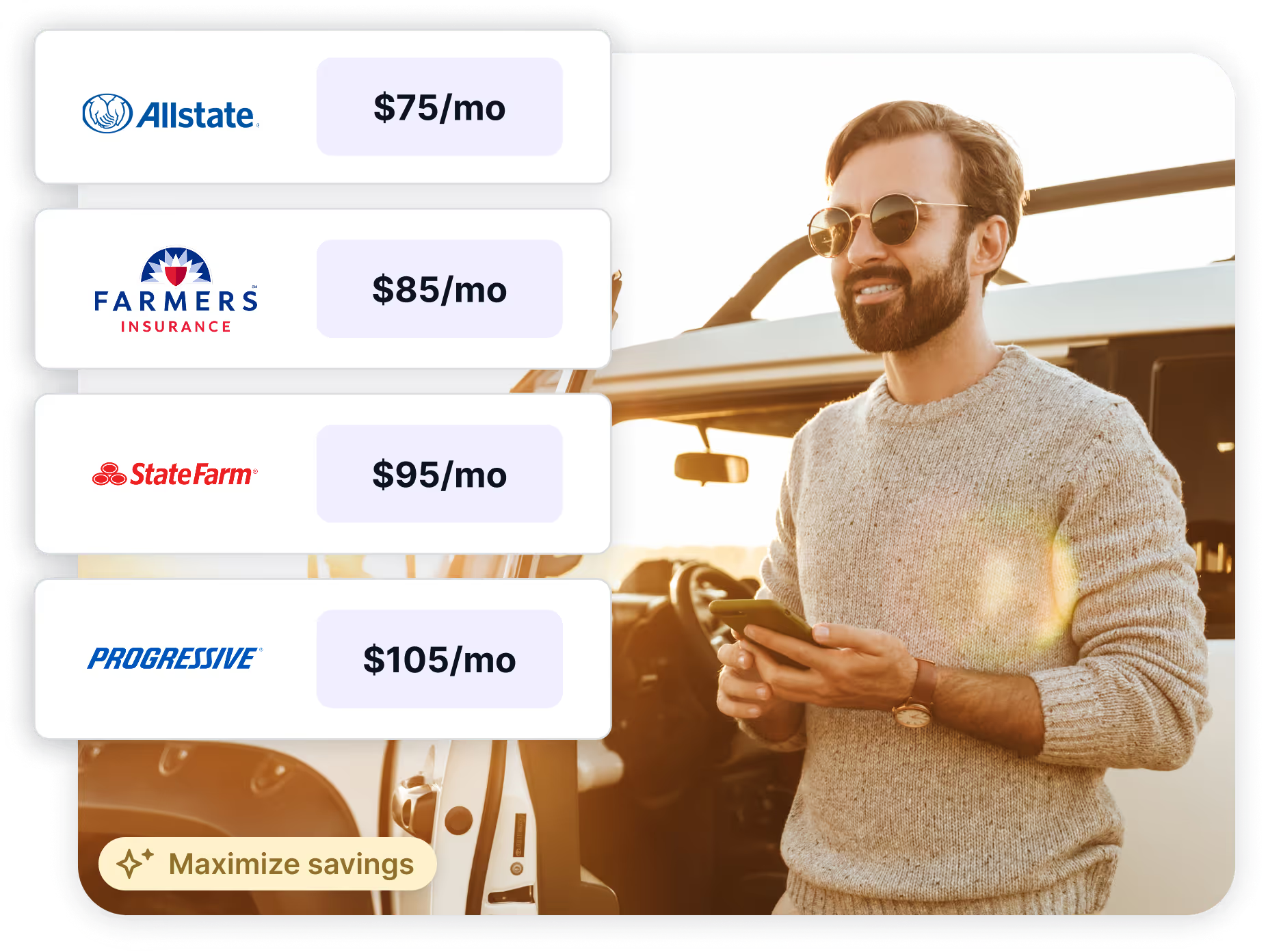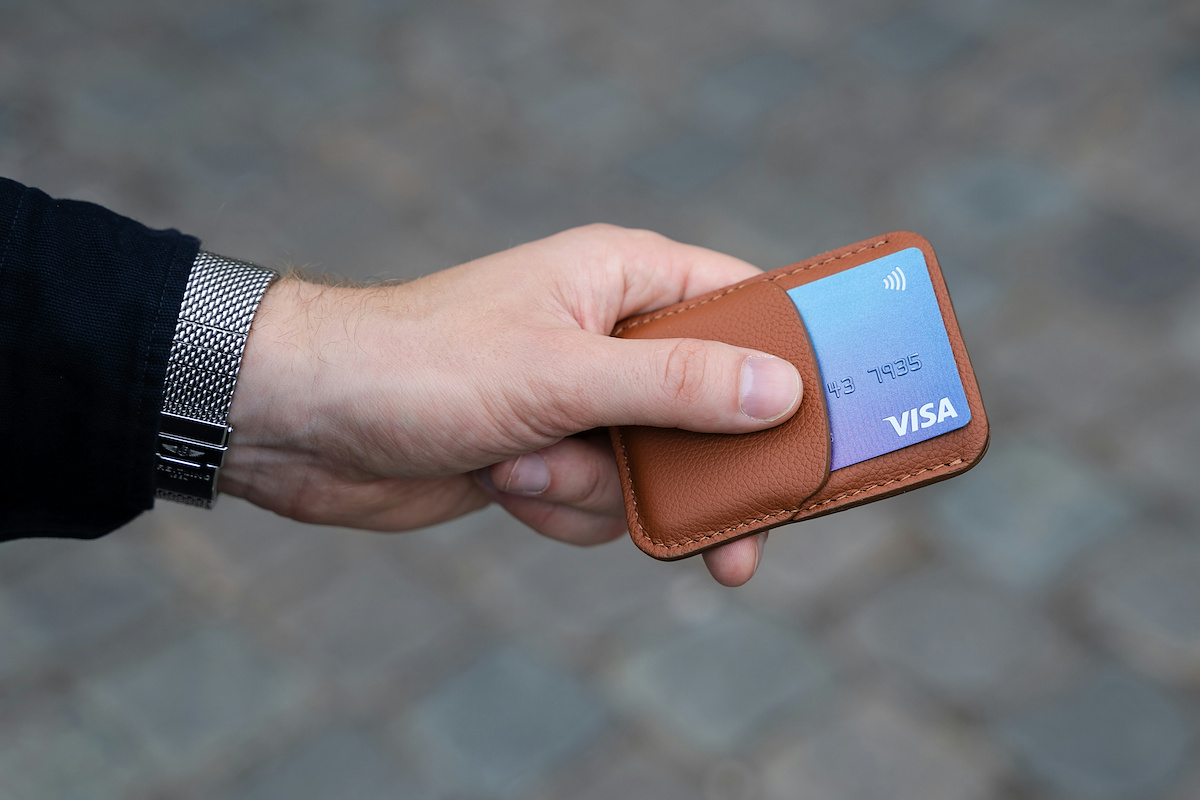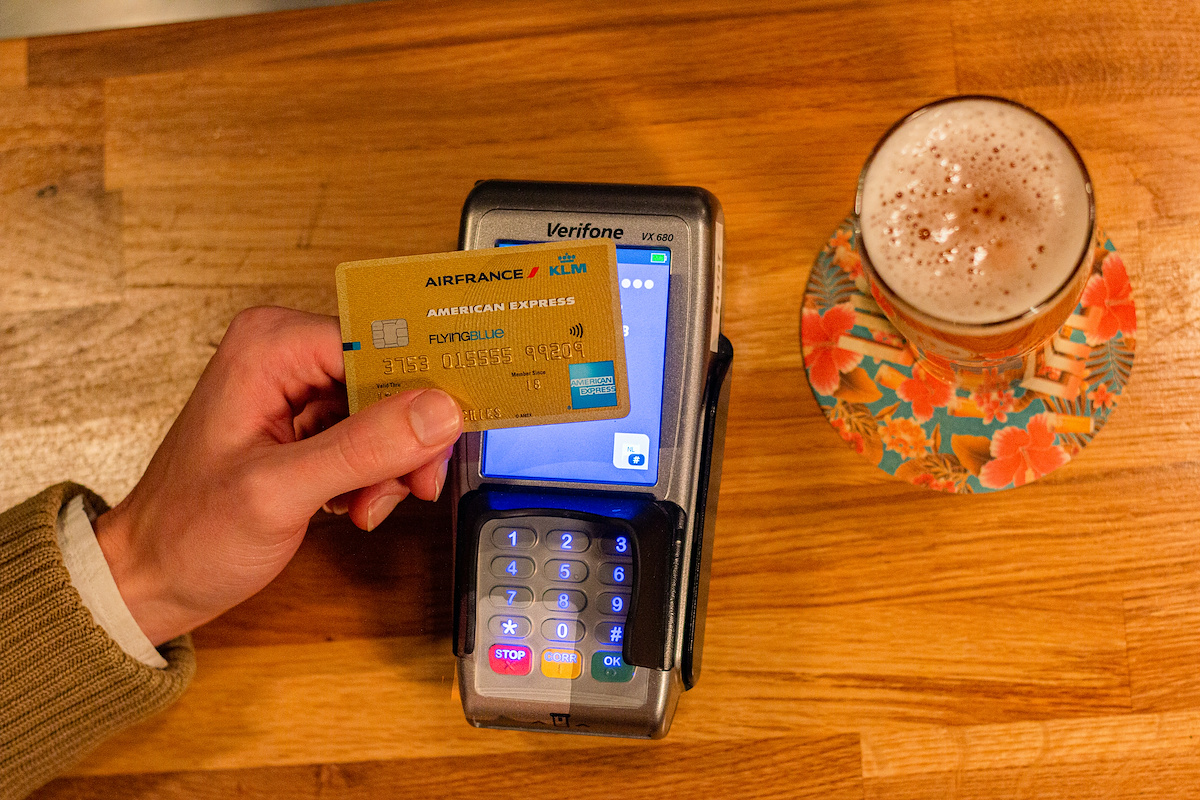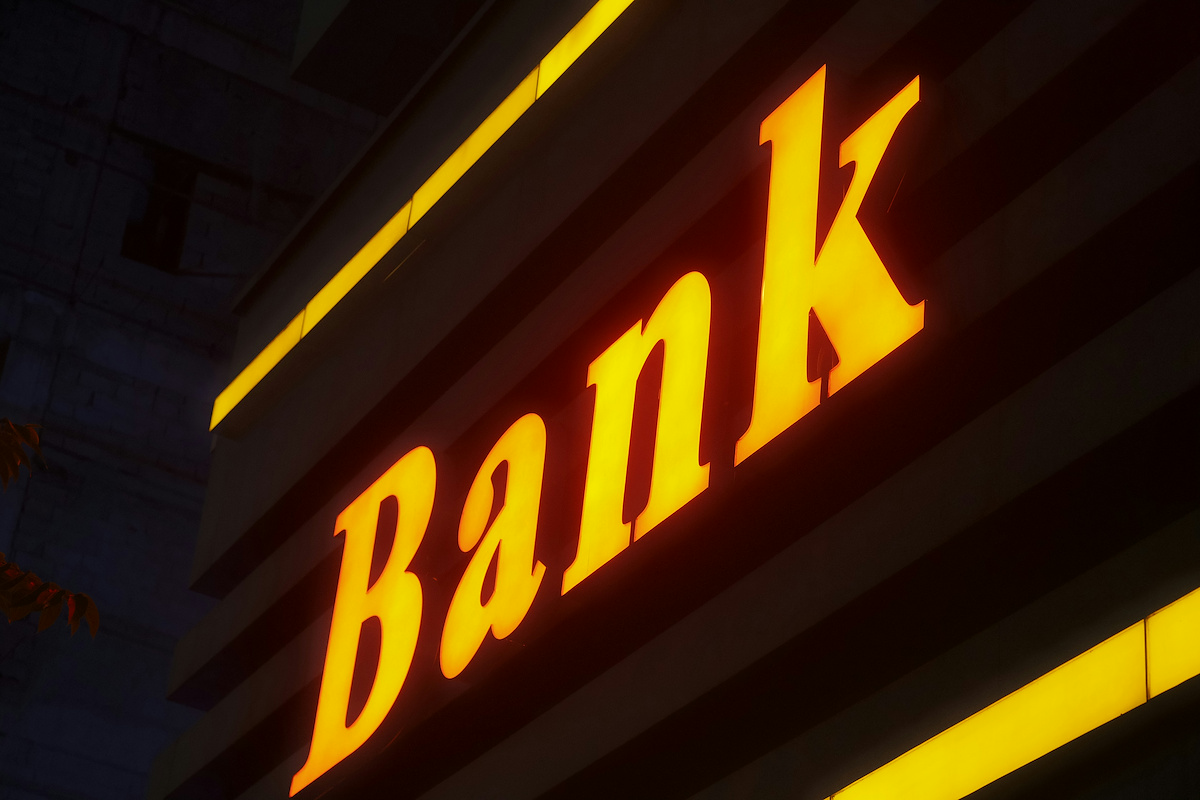
Kudos has partnered with CardRatings and Red Ventures for our coverage of credit card products. Kudos, CardRatings, and Red Ventures may receive a commission from card issuers. Kudos may receive commission from card issuers. Some of the card offers that appear on Kudos are from advertisers and may impact how and where card products appear on the site. Kudos tries to include as many card companies and offers as we are aware of, including offers from issuers that don't pay us, but we may not cover all card companies or all available card offers. You don't have to use our links, but we're grateful when you do!
Apple Card Shake-Up: JPMorgan Set to Replace Goldman Sachs in $17B Deal
July 1, 2025

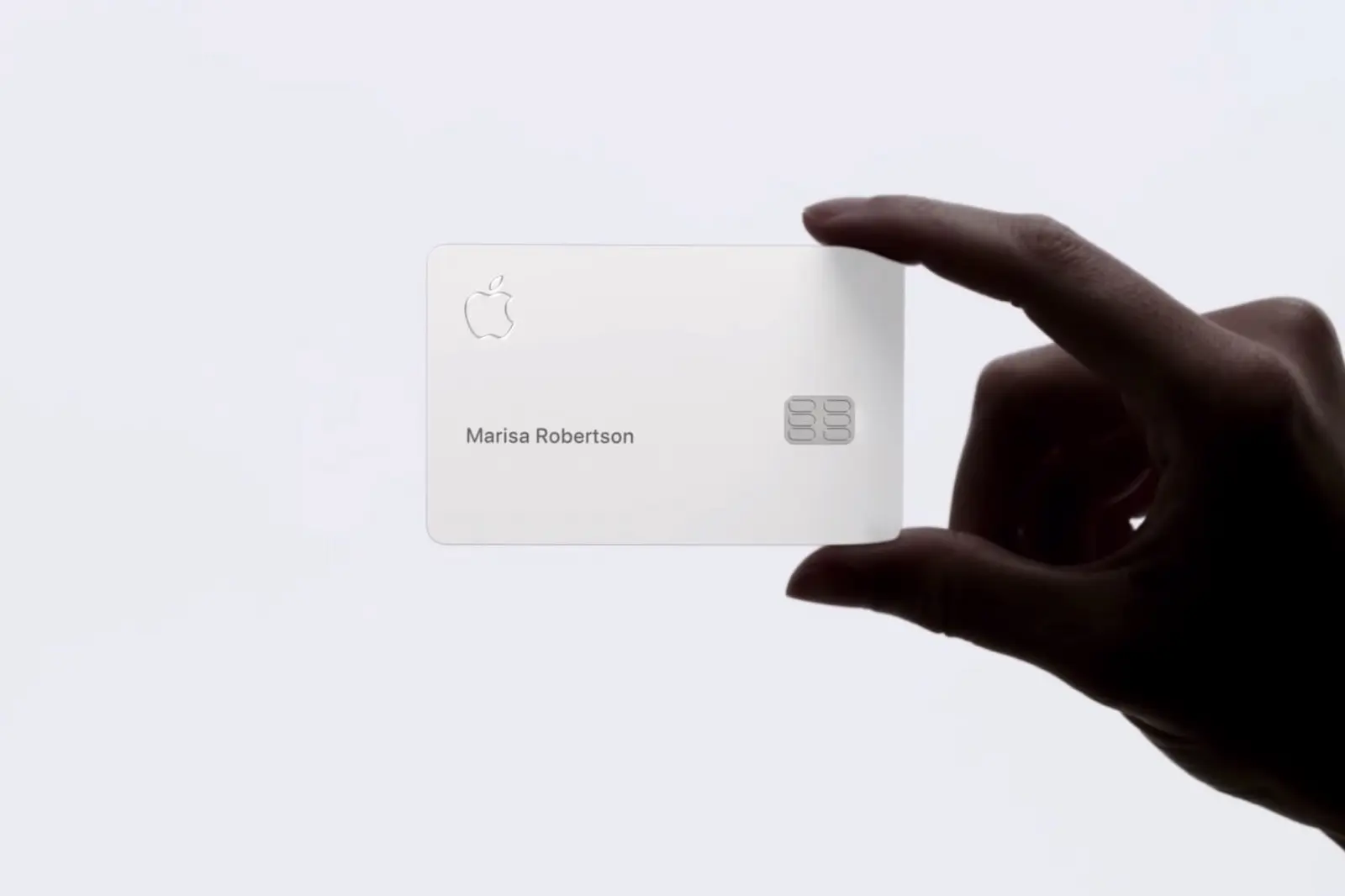
Breaking News: JPMorgan Chase is in advanced talks to acquire Apple's credit card program from Goldman Sachs, marking a significant shift in the financial partnership that has defined the Apple Card since its 2019 launch. Here's everything you need to know about this developing story and whether the Apple Card is still worth it in 2025.
The Big News: JPMorgan Steps In as Apple's New Banking Partner
JPMorgan Chase is nearing a deal to take over the Apple Card portfolio from Goldman Sachs, people familiar with the matter told CNBC. This move represents a major strategic shift for all three companies involved.
Why the Change is Happening
Goldman entered the credit card business with great fanfare in 2019 by beating out other issuers for the Apple Card. But the high growth rates of the card, coupled with accounting requirements that forced it to front-load reserves for future losses, caught Goldman flat-footed.
The partnership has been rocky for Goldman Sachs:
- Financial Struggles: The bank is seeking to pay less than face value for the roughly $17 billion in loans on the Apple Card because of elevated losses on the cards.
- Strategic Pivot: Goldman is retreating from consumer banking to focus on its traditional investment banking and trading businesses
- Regulatory Issues: The partnership faced scrutiny over billing and refund handling
What This Means for Apple Card Users
The Good News:
- More Stability: For Apple, JPMorgan would bring stability after years marked by high growth, but also regulatory scrutiny over how Goldman handled billing and refunds in the business.
- Stronger Backing: JPMorgan is already the largest credit card issuer in the U.S., bringing more resources and experience
Potential Changes:
- Calendar Billing: JPMorgan is also seeking to do away with a key Apple Card feature known as calendar-based billing, which means that all customers get statements at the start of the month rather than staggered throughout the period.
- Terms and Features: While not confirmed, some current Apple Card features may be modified under the new partnership
Complete Apple Card Review: Is It Worth It in 2025?
With the potential banking partner change on the horizon, let's dive deep into what the Apple Card currently offers and whether it deserves a spot in your wallet. See our full review here.
Apple Card Rewards Structure
The Apple Card uses a tiered cash-back system called "Daily Cash":
🏆 3% Cash Back:
- All Apple purchases (stores, online, App Store, Apple services)
- Select merchant partners when using Apple Pay (Uber, Nike, select gas stations, and others)
💳 2% Cash Back:
- All other purchases when using Apple Pay
📱 1% Cash Back:
- Physical card purchases (where Apple Pay isn't accepted)
Key Features That Stand Out
✅ No Fees Anywhere The Apple Card has a $0 annual fee, a 0% foreign transaction fee, and zero other fees to worry about. This includes:
- No annual fee
- No foreign transaction fees
- No late payment fees
- No over-limit fees
- No cash advance fees (feature not available)
✅ Daily Cash Rewards Every time customers use Apple Card with Apple Pay, they will receive 2% Daily Cash. Unlike traditional credit cards that pay rewards monthly, you get cash back immediately after each purchase.
✅ Apple Ecosystem Integration
- Seamless integration with iPhone Wallet app
- Real-time spending tracking with color-coded categories
- 24/7 text-based customer support through Messages
✅ Security & Privacy
- Physical titanium card has no numbers printed on it
- Unique security codes are generated for each online transaction
- Apple doesn't share purchase data with third parties
Where the Apple Card Falls Short
❌ No Sign-Up Bonus. Its biggest problem is that it doesn't have a regular public sign-up bonus. Many credit cards offer these for new cardholders, and even with no annual fee cards, you can find sign-up bonuses worth $200 or more. The Apple Card occasionally offers a targeted signup bonus, but nothing regularly.
❌ Limited High-Reward Categories. The only 3% categories are Apple and select merchant partners where you use Apple Pay. Other cards earn 3% to 5% back in much broader bonus categories, like groceries, gas, dining, and entertainment.
❌ Poor Physical Card Rewards. Only 1% cash back when using the physical card significantly limits earning potential at merchants that don't accept Apple Pay.
❌ Missing Standard Perks. The Apple Card doesn't offer purchase protection, extended warranty coverage, or other benefits that are common among rewards cards.
Apple Card vs. Competitors: How Does It Stack Up?
- Rewards: 1-3% cash back (tiered based on payment method and merchant)
- Annual Fee: $0
- Sign-Up Bonus: None
- Best For: Apple ecosystem users who primarily use Apple Pay
- Unique Features: Daily cash rewards, seamless iPhone integration, titanium card
[[ SINGLE_CARD * {"id": "145", "isExpanded": "false", "bestForCategoryId": "52", "bestForText": "Apple Pay Users", "headerHint" : "No Annual Fee" } ]]
- Rewards: 1-5% cash back with rotating quarterly categories (5% up to $1,500 per quarter)
- Annual Fee: $0
- Sign-Up Bonus: $200 after spending $500 in first 3 months
- Best For: Category spenders who can maximize rotating bonuses
- Unique Features: High category rewards, Chase Ultimate Rewards integration
[[ SINGLE_CARD * {"id": "2883", "isExpanded": "true", "bestForCategoryId": "52", "bestForText": "No-Fee Card Seekers", "headerHint" : "No Annual Fee" } ]]
Capital One Quicksilver Secured Cash Rewards Credit Card:
- Rewards: 1.5% cash back on all purchases, no categories to track
- Annual Fee: $0
- Sign-Up Bonus: $200 after spending $500 in first 3 months
- Best For: Simple, set-it-and-forget-it cash back earning
- Unique Features: No foreign transaction fees, excellent mobile app, no blackout dates on rewards
[[ SINGLE_CARD * {"id": "430", "isExpanded": "false", "bestForCategoryId": "15", "bestForText": "Credit Builders", "headerHint": "Straightforward Cash Back"} ]]
- Rewards: 2% flat rate on everything (1% when you buy, 1% when you pay)
- Annual Fee: $0
- Sign-Up Bonus: $200 after spending $1,500 in the first 6 months
- Best For: Simple, consistent rewards without category restrictions
- Unique Features: True flat-rate earning, balance transfer options
[[ SINGLE_CARD * {"id": "580", "isExpanded": "false", "bestForCategoryId": "15", "bestForText": "Everyday Spenders", "headerHint": "No Annual Fee"} ]]
Who Should Get the Apple Card?
✅ Perfect For:
- Heavy Apple ecosystem users who frequently buy Apple products
- People who primarily use Apple Pay for purchases
- iPhone users who want seamless wallet integration
- Those building credit who appreciate the fee-free structure
❌ Skip If:
- You want maximum rewards on everyday spending categories
- You prefer physical card usage over mobile payments
- You're looking for travel benefits or purchase protection
- You want a substantial sign-up bonus
Apple Card Savings Account: The Hidden Gem
One often-overlooked benefit is the Apple Card Savings Account, offering a competitive APY for Daily Cash deposits. This high-yield savings option is exclusive to Apple Card holders and integrates seamlessly with the Wallet app.
What's Next: Preparing for the JPMorgan Transition
While negotiations are still ongoing, Apple has reportedly told JPMorgan that it is its "preferred choice to replace Goldman Sachs as its card partner." Current cardholders should:
- Monitor Account Communications: Watch for official updates from Apple and your current issuer
- Understand Your Benefits: Familiarize yourself with current features that might change
- Consider Alternatives: If you're unhappy with potential changes, research backup credit cards
The Bottom Line: Is the Apple Card Worth It?
The Apple Card shines for dedicated Apple users who primarily pay with Apple Pay and value simplicity over maximum rewards. The Apple Card is a great choice if you're a loyal fan of the brand and own an iPhone, are looking for a card that seamlessly integrates with the Wallet app ,and don't mind sacrificing some credit card rewards earning potential.
However, if you're looking to maximize rewards or want robust credit card benefits, there are better options available. The upcoming transition to JPMorgan may address some current limitations, but it could also eliminate some unique features that make the card special.
The Verdict: The Apple Card is a solid, fee-free option for Apple enthusiasts, but it's not the best rewards card on the market. The JPMorgan partnership could either improve or diminish its appeal. Only time will tell.

Supercharge Your Credit Cards
Experience smarter spending with Kudos and unlock more from your credit cards. Earn $20.00 when you sign up for Kudos with "GET20" and make an eligible Kudos Boost purchase.
Editorial Disclosure: Opinions expressed here are those of Kudos alone, not those of any bank, credit card issuer, hotel, airline, or other entity. This content has not been reviewed, approved or otherwise endorsed by any of the entities included within the post.

